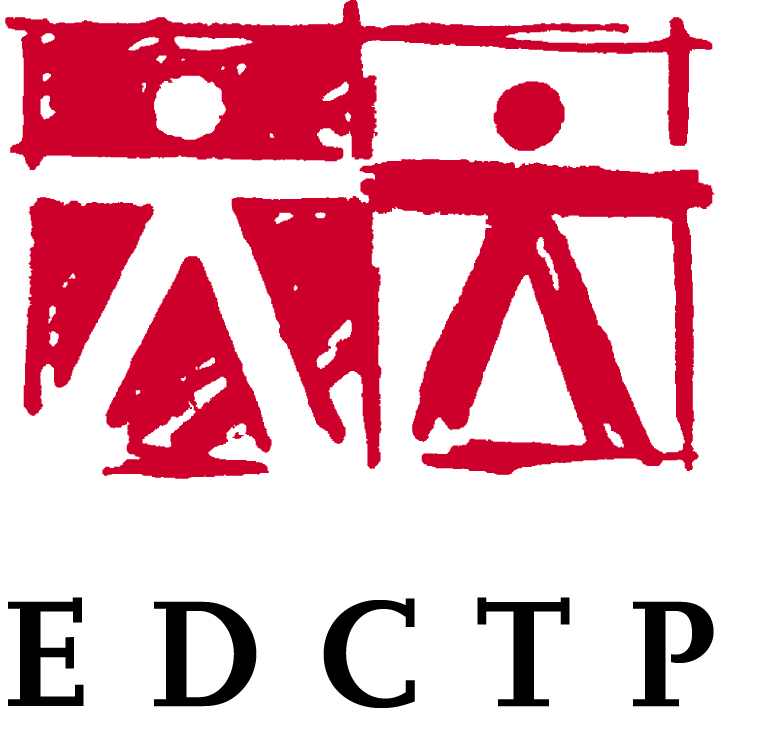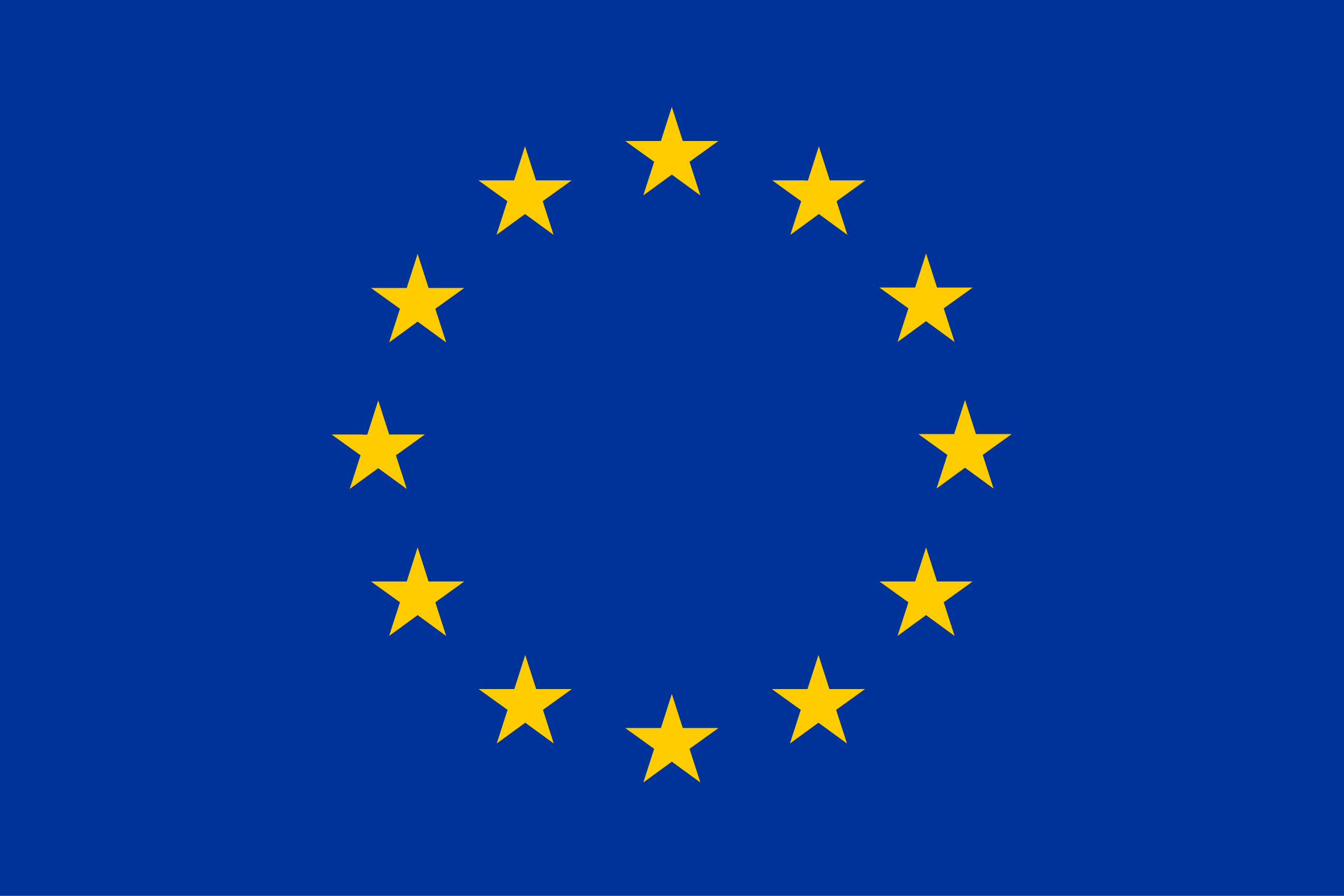Consortium Partners
Barcelona Institute for Global Health (ISGlobal), Spain:
ISGlobal is a cutting-edge institution with capacity to address global public health challenges through research, translation and education. The institute has a broad research portfolio in communicable and non- communicable diseases. ISGlobal is a WHO collaborating centre for Malaria Control, Elimination and Eradication since 2013.
Partners:
Fundação Manhiça (FM), Centro de Investigação em Saúde de Manhiça (CISM), Mozambique
CISM is a Mozambican non-profit organisation that carries out biomedical research in priority areas aimed at improving the health of the most vulnerable populations. In recent years, the work of CISM has included the creation of a key research agenda, training researchers and technical staff, and supporting healthcare in the district of Manhiça. CISM’s international prestige is high and it is one of the leading health research centres in Africa. The Manhiça Foundation (FM), which was set up in 2008 to strengthen CISM’s institutional capacities, now manages CISM’s general administration and the scientific research programme.
College of Medicine and Allied Health Sciences (COMASH), University of Sierra Leone, Sierra Leone
COMAHS, was founded in 1988 and is a national leader on health research and capacity strengthening within Sierra Leone, generating vital evidence to inform policy and practice. The institution is currently engaged in research and training collaborations with international partners including Liverpool School of Tropical Medicine (UK), London School of Hygiene and Tropical Medicine (UK), King’s College London, King’s Sierra Leone Partnership, Queen Margaret University (UK), Barcelona Institute for Global Health (ISGlobal)(Spain), Berlin University (Germany), Boston College (USA), University of Leeds (UK) and the US Centre for Disease Control and Prevention (USA). The research activities are focused on clinical trials, health systems strengthening, disease specific research and capacity building projects.
University of Lomé (UL), Togo
UL through the “Centre de Formation et de Recherche en Santé Publique”* (CFRSP) is a hub of excellence which provides leadership, training and research in public health in West Africa. CFRSP has a proven track record of working closely with the Ministry of Health to translate research into sound public health policies for the management of communicable and non-communicable diseases.
The National Research Institute for Sustainable Development (IRD), France:
IRD is a public research institution, internationally recognised working primarily in partnership with local researchers in inter-tropical countries. IRD supports an original model of equitable scientific partnership and interdisciplinary, citizen, sustainability science committed to the achievement of the Sustainable Development Goals.
Medicines for Malaria Venture (MMV), Switzerland:
MMV is a leading product development partnership (PDP) in the field of antimalarial drug research and development with a mission of reducing the burden of malaria in disease-endemic countries by discovering, developing and facilitating delivery of new, effective and affordable antimalarial drugs.




































